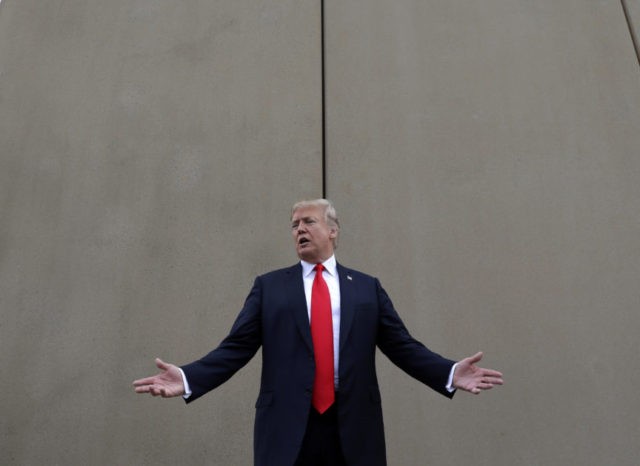Maybe trade wars really are easy to win.
Spreading a bailout across all U.S. industries affected by escalating tariffs would cost $39 billion, according to a U.S. Chamber of Commerce analysis.
President Donald Trump recently approved $12 billion in emergency aid for American farmers. The Chamber’s analysis found that, assuming that all industries negatively affected by retaliatory tariffs get the same level of support, a full-scale bailout would add an additional $27 billion.
To put that in perspective, that is less than one percent of the total federal spending budgeted for this year. It is less than two-tenths of a percentage point of the gross domestic product of the U.S.
And on the scale of bailouts, it is barely a blip. During the financial crisis, Citigroup received more than ten times that amount, $476.2 billion, in cash and guarantees from the federal government. Bank of America’s bailout had a $336.1 billion bailout.
While the Trump administration has not proposed a widescale bailout of companies hit by tariffs, the Chamber’s analysis suggests that U.S. businesses are doing just fine even with the tariff retaliation. If it’s just a matter of an additional $27 billion, there’s little to worry about.
The Chamber doesn’t address the increase in corporate profits due to tax cuts. The Trump tax cuts slashed corporate taxes, in many cases more than making up for additional costs created by tariffs. Quarterly earnings from Caterpillar Monday showed that the company saved more on taxes in just three-months than its estimate for additional costs due to tariffs.
This means that even though tariffs may be costly for some American businesses, their after-tax profits are likely to be more than enough to absorb the cost. As a result, unlike some farmers specifically targeted by China, most American businesses hurt by China’s retaliation do not need any aid.
Despite the evidence of its own study, the Chamber continues to oppose the tariffs put in place by the Trump administration on technology products from China as well as steel and aluminum imports.
“The administration’s focus should be expanding free trade and removing these harmful tariffs,” the Chamber says.
The Trump administration insists that it shares that goal. It says that it aims to reduce tariffs and other trade barriers but that tariffs are a necessary tool to force markets open. It’s strategy received a major vindication last week when European officials agreed to pursue lower tariffs and more open markets in exchange for the U.S. holding off on proposed tariffs.

COMMENTS
Please let us know if you're having issues with commenting.